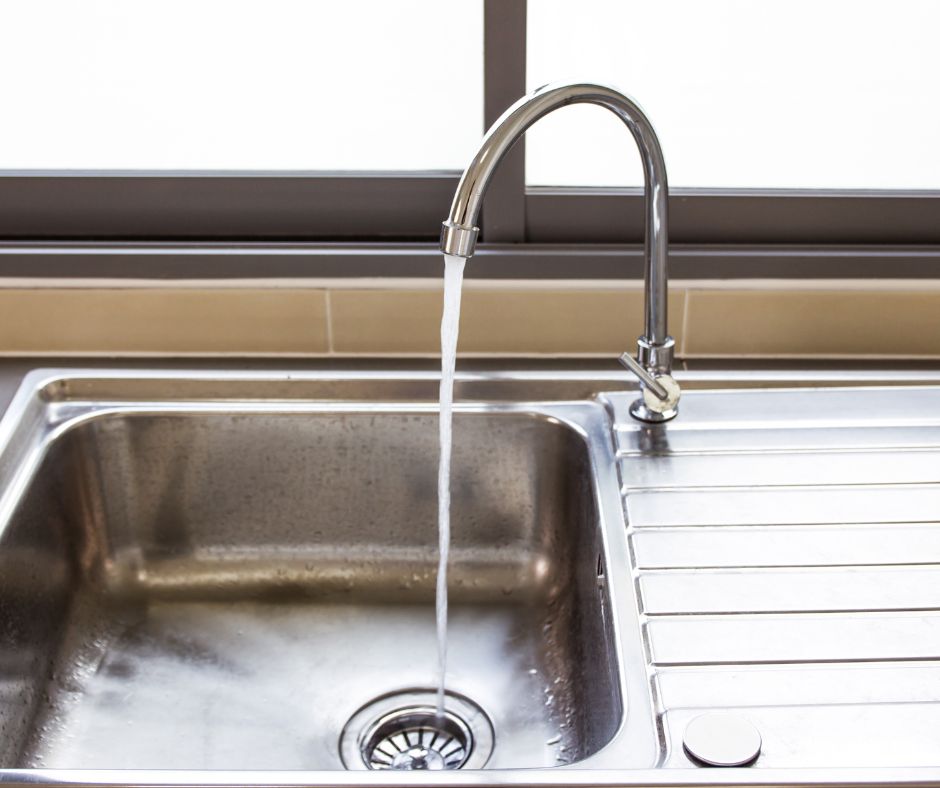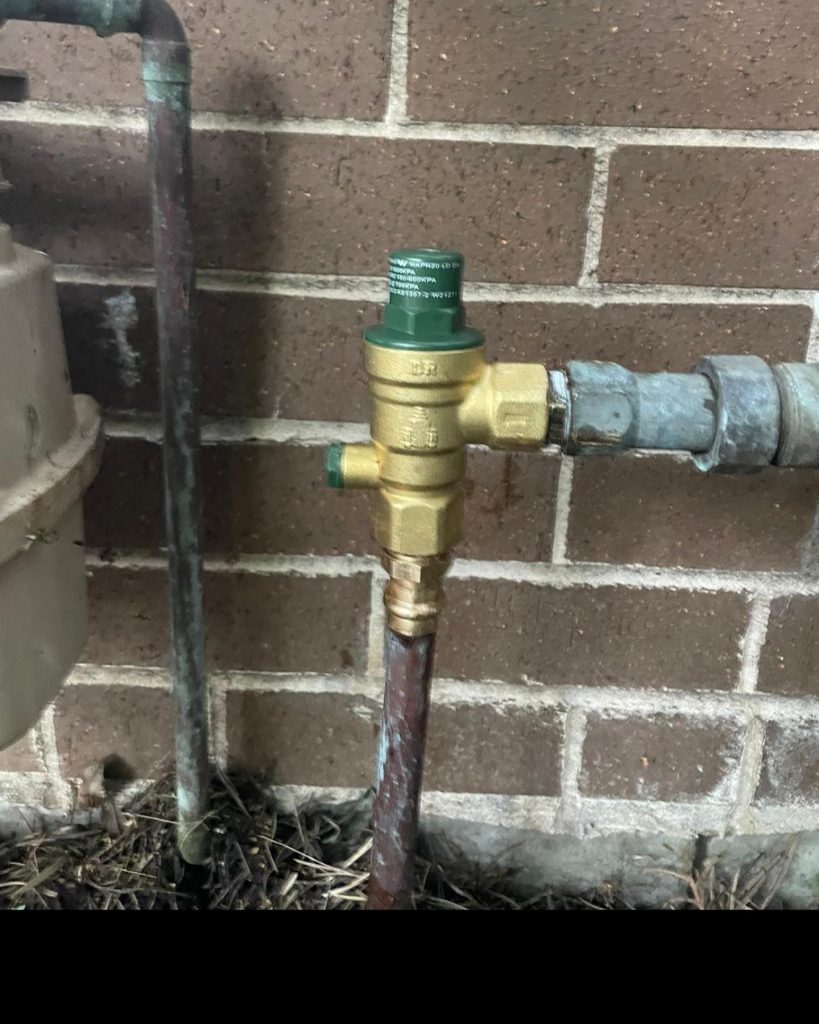Your cart is currently empty!
Expert Solutions for Home Water Pressure Issues by Plumbmaster

Experiencing low water pressure can significantly disrupt your daily activities, complicating essential tasks such as showering, washing dishes, or even cleaning your home. The good news is that many water pressure issues can be easily diagnosed and effectively fixed with the right strategies. In this detailed guide, you will uncover invaluable techniques to identify and resolve common water pressure problems within your household. This informative resource is provided by Plumbmaster Plumbing, the leading provider of top-notch plumbing services in Sydney’s Hills District, dedicated to ensuring your home’s plumbing operates smoothly.

Identify the Key Causes of Low Water Pressure in Your Home
To effectively tackle low water pressure, it is essential to understand the underlying causes that may be contributing to the problem. Below are some of the most prevalent issues you might encounter:
1. Partially Closed Valves
A leading cause of low water pressure is valves that are not fully opened. It’s crucial to inspect both your main shut-off valve and any secondary shut-off valves throughout your home. Typically, the main shut-off valve is located near the water meter or on the street side and should remain completely open to ensure optimal water pressure. Even a slight closure can create a significant restriction in water flow, ultimately leading to frustratingly low water pressure at your taps. Regular checks can help maintain consistent water flow.
2. Clogged Pipes
Over time, pipes can become obstructed by the buildup of minerals and sediment, which is especially common in residences with hard water. This accumulation narrows the effective diameter of your pipes, causing a noticeable decrease in water flow. If you notice that the water pressure starts strong but quickly decreases, it may indicate pipe clogging. Regular maintenance, including flushing your pipes, is vital to prevent this issue and ensure smooth water flow throughout your plumbing system.
3. Corroded Pipes
In older homes, galvanized steel or iron pipes are often prone to corrosion, which can severely restrict water flow and cause various pressure-related problems. Corroded pipes not only diminish overall water pressure but may also lead to additional complications such as leaks, discolored water, and unpleasant tastes. Taking proactive measures to address corroded pipes is essential for maintaining a healthy plumbing system and ensuring the delivery of clean, safe water to your home’s fixtures.
4. Leaks in the System
Leaks are another frequent cause of low water pressure, as water can escape through small holes or cracks in your plumbing system, preventing it from reaching your faucets. Signs of a leak may include damp spots on walls or floors, unexpected puddles in your home, or a sudden increase in your water bill. Conducting regular inspections is crucial for swiftly detecting and repairing leaks, helping to maintain consistent water pressure and prevent further damage to your plumbing infrastructure.
5. Issues with the Water Supplier
Sometimes, low water pressure problems may stem not from your plumbing system but from the water supply service in your area. Temporary repairs or maintenance work conducted by your local water supplier can lead to fluctuations in water pressure. If you suspect this might be the case, it is helpful to contact your water supplier to inquire whether any ongoing maintenance or repairs could be affecting water flow to your home.

Follow This Step-by-Step Guide to Resolve Water Pressure Issues
Once you’ve identified the possible causes of your water pressure issues, you can take practical steps to implement effective solutions.
1. Open All Valves Completely
Begin by confirming that all shut-off valves are fully opened. Even minor closures can lead to significant restrictions in water flow. Carefully examine the main water valve, along with any secondary valves located throughout your home, to ensure they are all positioned to allow maximum water flow and pressure.
2. Clean Aerators and Showerheads Regularly
Aerators on faucets and showerheads often clog due to sediment and mineral deposits. To effectively address this issue, unscrew these components, soak them in vinegar for several hours, and then scrub them with a brush to eliminate any buildup. This straightforward yet effective cleaning method can significantly restore water flow and improve overall water pressure in your home, ensuring a pleasant experience during daily activities.
3. Flush Your Hot Water System for Enhanced Efficiency
Sediment buildup in your water heater can drastically reduce hot water pressure. Regularly flushing the tank and heater can greatly improve water flow efficiency. To carry out this maintenance task, turn off the heater, attach a hose to the drain valve, and flush out the tank until the water runs clear. This maintenance step is vital for maintaining optimal performance and extending the longevity of your hot water system.
4. Check for Hidden Leaks
To uncover hidden leaks, turn off all water-using appliances and note the reading on your water meter. After waiting for a few hours without using any water, check the meter again. If you notice any changes in the reading, it indicates a leak that requires immediate attention. Plumbmaster Plumbing is ready to assist you with efficient leak detection and expert repair services to resolve any plumbing concerns.
5. Replace or Repair Corroded and Damaged Pipes
If your pipes show significant signs of corrosion or mineral buildup, it may be necessary to replace the affected sections. Newer materials, such as copper or PVC, are far more resistant to corrosion and buildup, ensuring improved longevity and performance of your plumbing system. Plumbmaster Plumbing specializes in expert pipe replacement and relining services that enhance your plumbing’s efficiency and boost water pressure for a more reliable water supply.
6. Consider Installing a Pressure Booster Pump
Installing a pressure booster pump can serve as an effective long-term solution for homes experiencing consistently low water pressure due to geographic factors or specific plumbing configurations. This device increases the flow of water entering your home, guaranteeing you enjoy stable and adequate water pressure throughout your plumbing system for all your daily needs.
Recognize When It’s Time to Call a Professional Plumber
While many water pressure issues can be resolved through straightforward DIY solutions, there are circumstances where the expertise of a professional plumber is essential. Persistent low pressure, severe corrosion, or significant damage to your pipes are complex challenges that require the skills and knowledge of experienced professionals. At Plumbmaster Plumbing, our skilled team utilizes advanced diagnostic tools to accurately pinpoint water pressure problems and provide reliable solutions, ranging from efficient leak detection to comprehensive pipe replacement services tailored to meet your needs.
Adopt Proactive Measures to Prevent Future Water Pressure Problems
Maintaining your plumbing system is essential for preventing potential water pressure issues in the future. Here are several effective preventative strategies:
- Schedule Regular Plumbing Inspections
Conducting regular plumbing inspections can help identify minor issues before they develop into significant problems. Plumbmaster Plumbing offers thorough inspections designed to ensure your plumbing system remains in excellent working condition, which can save you money and headaches down the line. - Invest in a Water Softener for Hard Water Areas
If you reside in an area with hard water, installing a water softener can significantly reduce mineral buildup in your pipes, thereby preserving consistent water pressure over time and enhancing the overall lifespan of your plumbing. - Flush Your Water Heater Annually for Optimal Performance
Regularly flushing your water heater will prevent sediment accumulation, ensure a steady flow of hot water, and maintain overall efficiency, which is vital for your daily comfort and needs.
Trust Plumbmaster Plumbing for Comprehensive Water Pressure Solutions
Dealing with low water pressure can be frustrating, but it doesn’t have to be a long-term issue. There are numerous strategies available to restore your home’s water flow, from cleaning aerators to replacing corroded pipes. If you find that DIY methods fall short, you can rely on Plumbmaster Plumbing for fast and effective solutions tailored to your unique needs. Serving the Hills District, our dedicated team is prepared to help restore your water pressure and ensure your plumbing system functions seamlessly, providing you with the comfort and reliability you expect.
Contact Plumbmaster Plumbing today to receive professional assistance with your water pressure challenges and restore your plumbing peace of mind!
The Article: Fix Water Pressure Issues at Home: Expert Tips from Plumbmaster first appeared on https://writebuff.com.
The Article Water Pressure Issues at Home: Expert Solutions from Plumbmaster Was Found On https://limitsofstrategy.com
Comments
8 responses to “Expert Solutions for Home Water Pressure Issues by Plumbmaster”
Your insights into the challenges of low water pressure resonate deeply, especially considering how often we take essential plumbing functions for granted. It’s intriguing how something as simple as a partially closed valve, as you mentioned, can create a ripple effect, disrupting our everyday routines.
I really appreciate how you’ve laid out the common causes of low water pressure in such a clear and relatable manner. It’s funny, because I recently had a similar issue at home, and it turned out to be a partially closed valve—something so simple but easily overlooked! It was such a relief to find that the solution was straightforward, yet it made such a huge difference in my daily routine.
Your insights on low water pressure are particularly relevant, especially given the increasingly busy lives we lead where even minor inconveniences can disrupt our routines. I’ve experienced this firsthand during particularly hectic times when I would manage to start cooking only to find that I couldn’t wash my hands or rinse vegetables adequately due to irritatingly low water pressure. It’s frustrating, to say the least.
I totally relate to your experience with low water pressure—it’s one of those small annoyances that can really throw off your whole routine. I remember a time when I was prepping for a dinner party, and all I needed was to give some veggies a good rinse. The moment I turned on the tap, it was like a slow-motion disaster. It really made me think about how reliant we are on simple things like water pressure, especially in our busy lives.
I totally get the frustration of low water pressure; if you’re looking to improve that and keep your routine running smoothly, I found some useful insights on interior drainage services that might just help.
‘Interior Drainage Services for Homes in Surrey’
https://forgottenportal.com/interior-drainage-services-for-homes-in-surrey/.
This blog post resonates deeply with me, as I’ve recently struggled with low water pressure in my own home. It’s fascinating how something as seemingly simple as water flow can impact our daily routines so profoundly. I often found myself frustrated during morning showers, not realizing how much we take for granted until faced with such inconveniences.
I can totally relate to your experience with low water pressure. It’s surprising how a little disruption in something so essential can ripple through our daily routines. I remember when I faced a similar issue; I was stuck making quick, ineffective attempts at rinsing shampoo out of my hair, and it turned into a mini ordeal. It’s in those moments that you really appreciate the simple things that we often overlook, like a good, strong shower.
Your exploration of low water pressure as a common nuisance resonates with many homeowners, including myself. I’ve experienced the frustration of a shower abruptly becoming a trickle or facing a lengthy dishwashing session due to insufficient water flow. You’ve rightly pointed out that understanding the underlying causes is key to addressing the issue effectively.
Dealing with low water pressure can indeed be a frustrating experience, and it’s fascinating how something as simple as water flow can impact so many aspects of our daily routines. I remember a time when my family faced this issue, particularly in the mornings when everyone was rushing to get ready for work and school. The struggle to take a proper shower or get the dishes rinsed off was stressful, to say the least.